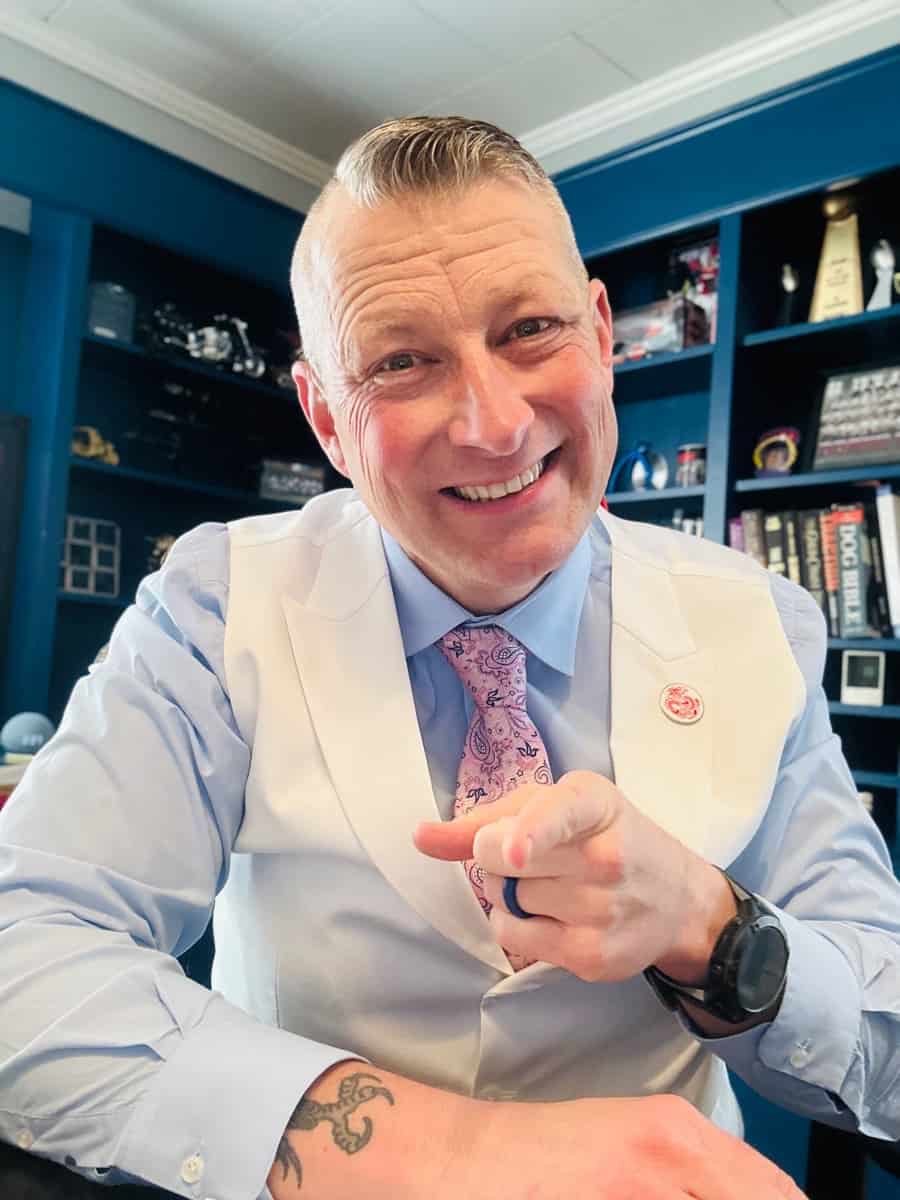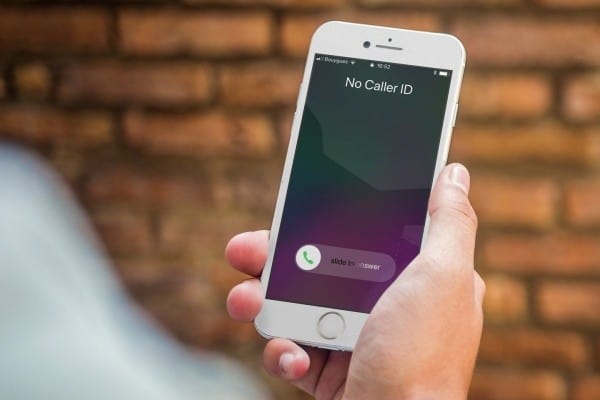Amidst a very divided nation, one thing appears to still stand and that’s the hatred elected officials have for robocalls (also referred to as spam calls).
After a decisive 417-to-3 House vote and unanimous consent in the Senate, the Pallone-Thune TRACED Act was passed into law by President Trump on December 31, 2019.
But what is the TRACED act? Why has it received such decisive support? Should legitimate businesses like yourself be concerned? Let’s walk through the basics of the act.
What Is the TRACED Act?
Since the Pallone-Thune TRACED Act is a 44-page document, it’s difficult to simplify the extensive piece of legislature, but we’ve laid down the basics in what follows.
Its full name is the “Pallone-Thune Telephone Robocall Abuse Criminal Enforcement and Deterrence Act.” In essence:
- It explicitly prohibits the One Ring Scam. If you’ve never heard of this, chances are you’re in the clear. The One Ring Scam is done by “agents” who dial from a spoofed number and let it ring exactly one time after which they hang up. They then expect callbacks from their victims, calls which get automatically redirected to whatever foreign line the original operator was using. This not only results in some really ugly fees, but it can also lead to further scamming if the victim does not hang up.
- The bill further emphasizes the need for phone companies to label suspicious phone calls and allow consumers to block the numbers with no extra fees.
- Requires businesses to implement the STIR/SHAKEN call authentication framework within 18 months and also make steps towards the implementation within 12 months.
- Another point is to give the FCC and the Justice Department the power to more easily prosecute Robocalls.
- The act also makes governmental reports on Robocall measures mandatory. In essence, it orders the FCC and the Justice Department to step up their game
- Of course, the TRACED Act does not leave out the consumer, which is now able to sue scammers and fraudulent callers more easily!
It further enables the FCC to solicit the participation of voice-service providers in the private-led process of tracing back the origins of all suspected scammers and robocalls. If a voice-service provider refuses to participate in the traceback process, the FCC is obligated to publish the name of the provider along with all the information it could gather about the business.
All of these points and a whole lot more (which you can review on the National Law Review’s detailed page about the TRACED Act) are now law after the bill passed Congress and was signed by the president in little more than a month.
Bill sponsor and GOP Whip John Thune (R – South Dakota) was already optimistic about its passing. Co-sponsor Frank Pallone (D – New Jersey) said:
We’re delighted the Senate acted quickly to pass this legislation to shutdown illegal robocalls. We’re working hard to help the American people get real relief from these relentless and illegal calls. We look forward to the President signing this overwhelmingly bipartisan legislation into law very soon.
UPDATE: The FCC came up with a framework for implementing the STIR/SHAKEN caller ID authentication protocols by June 30, 2021. The report on the rules can be found on the FCC website. This framework will be voted on on March 31, 2020.
Is There Cause for Concern for Legitimate Businesses?
While at first look it might not seem like we should be concerned, it’s debatable how interpretable the text of the Act actually is. It seems that the legislation should only target clear instances of illegal activity, while also keeping an eye on the enablers of such activity.
For instance, if a contact center company is working with a suspected scammer, the TRACED Act makes it mandatory for that company to contribute to traceback efforts. If the company then refuses to participate, its name will be published in connection to the suspected unlawful robocalls, along with whatever information the FCC can uncover about the business.
Some Good News
The Act also talks about the establishment of a “Safe Harbor” for voice service providers which have been mistakenly labeled or blocked. This ultimately protects businesses from liability in case of false positives.
As we all know in this industry, it’s very common for numbers to be mistakenly branded “fraud” or “scam”. The “safe harbor” will guard businesses against any damages. However, there’s also a downside to this – the “proof” must come from the traceback system to be put in place by the FCC according to the bill.
That’s about it! If you want to read more from our blog, check out the articles to the right.
If you want to keep up to date with news in the contact center industry, follow us on LinkedIn and Twitter!

Michael McGuire is a contact center industry expert with almost two decades of experience in the space. His experience includes roles as Director of Contact Center Digital Transformation at NobelBiz, and as Director of Operations at FLS Connect, managing multiple call centers. As President of Anomaly Squared and Targeted Metrics, Michael successfully transitioned companies into remote operations and significantly boosted revenues. With a strong background in customer service, leadership, strategic planning, and operations management, Michael excels in driving growth and innovation in the call center space.
Mike is also a proud Board Member for R.E.A.C.H Trade Group, promoting consumer protection and satisfaction and Co-host of the Off Skripted Podcast – a show about Life, Call Centers and everything in between.







